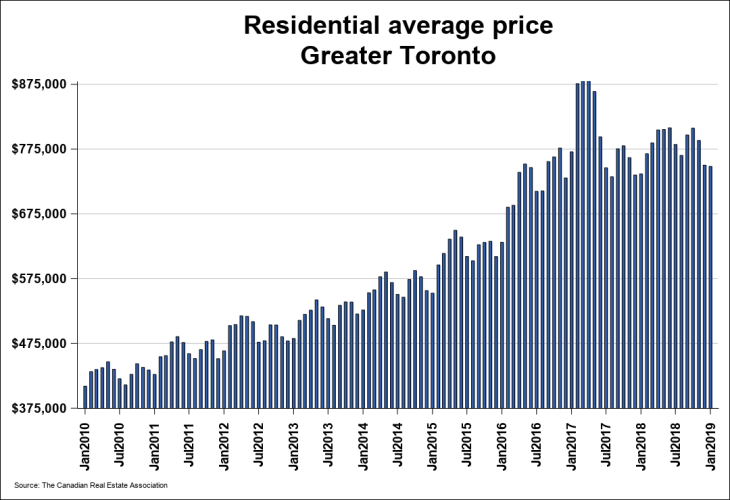Special to the Financial Independence Hub
Everyone who owns a car or truck knows that there are regular maintenance and not so regular repair costs. For some vehicle owners, it seems their car is always breaking down. But what if you could cut the overhead on your vehicle significantly? The good news is you can! In the following paragraphs, we’ll discuss ways in which you can dramatically reduce the money it costs you to operate your vehicle.
Maintain, Maintain, Maintain
The first thing you want to do is to read your owner’s manual. If you don’t have one, then look online for one, or check with your dealer. The reason this is so important is that the manufacturer will tell you exactly how and at what intervals to perform or have services performed on your vehicle. Changing the oil at regular intervals is just part of it. Are you using the right kind of oil for your vehicle? It is wrong to assume that the more expensive oils are right for your vehicle. Read what the manufacturer recommends and adhere to their standards.
This doesn’t just go for oil, but for all the fluids and tires too. Not all tires require the same amount of air pressure. Use the kind recommended for your vehicle, and keep them inflated to the recommended psi.
Use only OEM parts
When you need to replace a part on your vehicle, insist on only OEM parts. Original Equipment Manufacturer parts are guaranteed to fit, and they will likely last longer, saving you from replacing the same part over and over. Make sure only certified technicians work on your vehicle, so you can rely on stellar work and new parts. While it is actually fun for some to go to a parts cemetery and find your own parts at a substantial savings, you won’t have the peace of mind you will have when you stick to the manufacturer’s recommendations.
Be mindful of the way you drive
Do you really need to beat the next guy to the red light? Often, that’s what happens when a car weaves in and out of traffic. Nothing is gained, and when you drive that way, you risk getting pulled over or injuring or killing innocent people or yourself. Expressing road rage is another way that some people carelessly treat their cars and their fellow citizens on the road. Just driving the speed limit and driving defensively will help protect you and your car. Many insurance companies offer cheap car insurance for safe drivers and those discounts and savings alone could be worth a lot.
Don’t ignore squeals and other sounds
You wouldn’t believe the difference in cost between a simple brake pad replacement and an entire brake job, with new calipers and rotors. Continue Reading…








